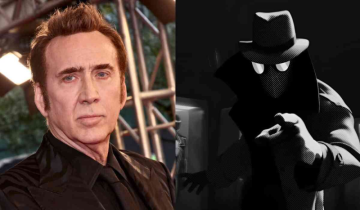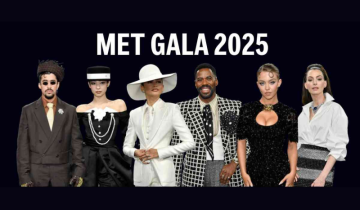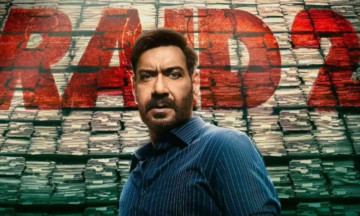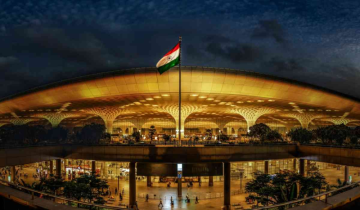The digital landscape in India has exploded with content creators, influencers, and a generation of young people finding their voice and platform online. However, this seemingly democratic space has also become a breeding ground for controversies, raising pertinent questions about the responsibility of influencers, the nature of online entertainment, and the societal values we inadvertently uphold. The recent uproar surrounding *India's Got Latent*, a YouTube show hosted by comedian Samay Raina, and a particularly offensive remark made by guest Ranveer Allahbadia (BeerBiceps), serves as a stark reminder of these complexities.
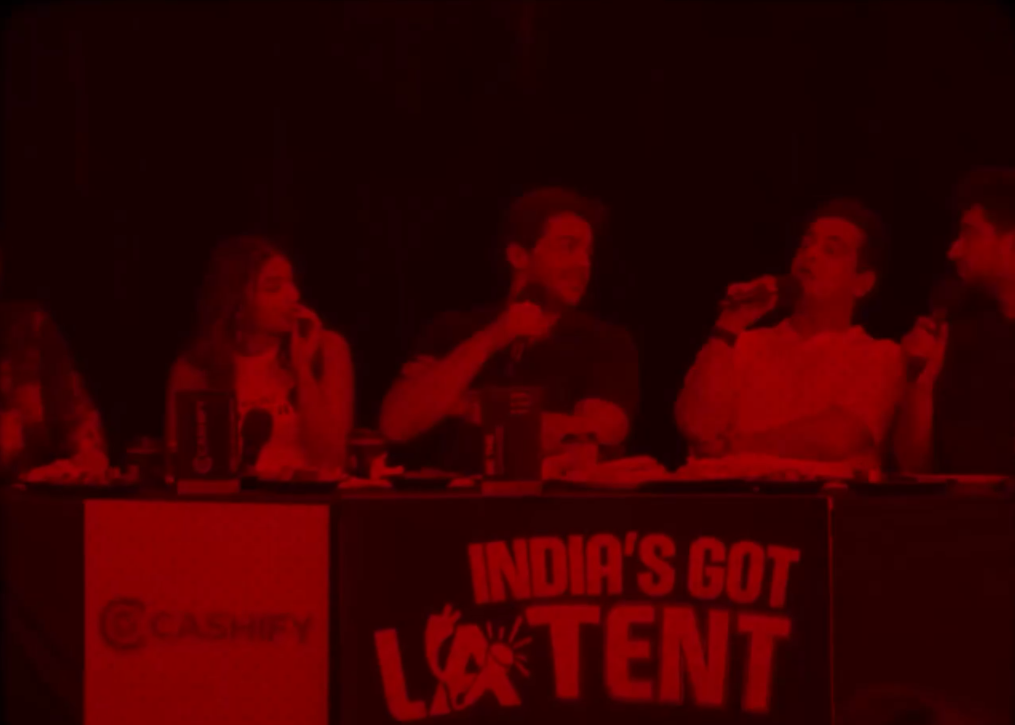
The incident, which involved an inappropriate and vulgar comment during an episode featuring other prominent content creators like Ashish Chanchlani, Jaspreet Singh, and Apoorva Mukhija, quickly spiraled into a major controversy. The remark, deemed insensitive and obscene, triggered widespread condemnation across social media, traditional media outlets, and even political circles. This incident has led to formal complaints against Raina, Allahbadia, and other panelists, resulting in a police investigation and the eventual removal of the episode from YouTube. While Allahbadia has issued an apology, the damage was already done.

The controversy extends beyond a single comment. It underscores the broader issue of the type of content that is being propagated and consumed online, especially by younger audiences. Shows like *India's Got Latent*, while intended for entertainment, often operate on the fringes of what is acceptable, pushing boundaries in the name of comedy. This approach can be particularly problematic when it normalizes offensive language, misogyny, or other harmful stereotypes, potentially influencing the values and perceptions of impressionable viewers, particularly Gen Z. The argument goes that if young people believe being offensive is "cool," it can create a toxic online culture and potentially translate into real-world interactions.
Samay Raina, the host of *India's Got Latent*, launched the show with the intention of providing a platform for unconventional talents. While the show has garnered a significant following, its reliance on edgy humor and sometimes crude jokes has always flirted with controversy. The incident involving Allahbadia brought the underlying issues to the forefront, forcing a critical examination of the show's content and its impact on its audience. Ironically, despite the controversy, a photo of Raina seemingly unfazed while backstage on his Unfiltered: North America Tour 2025, highlights the complex nature of the influencer culture, where controversy often fuels further fame and attention.
I shouldn’t have said what I said on India’s got latent. I’m sorry. pic.twitter.com/BaLEx5J0kd — Ranveer Allahbadia (@BeerBicepsGuy) February 10, 2025
However, pointing fingers solely at Raina and Allahbadia would be a simplistic and ultimately unproductive approach. The controversy raises a crucial question about the audience's role in shaping the content landscape. Why do we, as a society, gravitate towards and even celebrate content that often pushes the boundaries of decency? The uncomfortable truth is that content creators like Raina and Allahbadia have achieved their fame and influence because their content resonates with a significant portion of the audience. The millions of followers they command on social media are a testament to this fact. In essence, we, the audience, are complicit in shaping the content we consume.
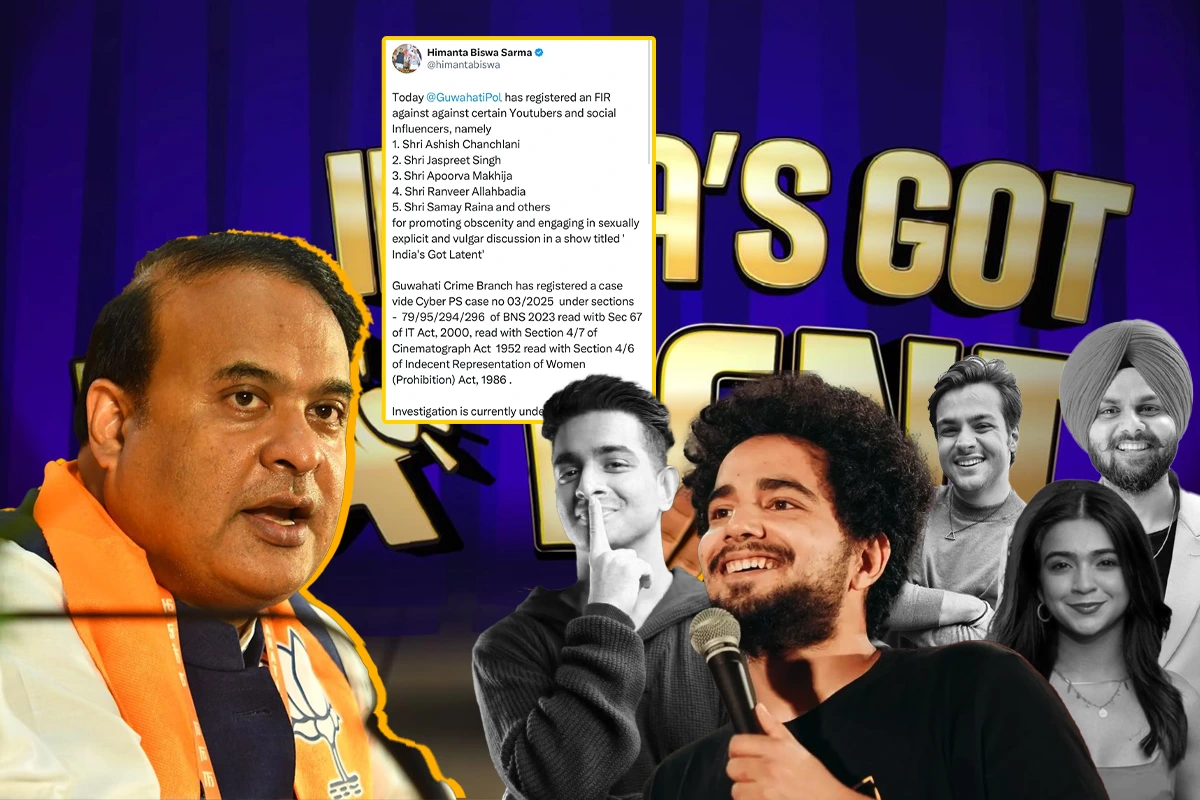
The controversy also sheds light on the complexities of freedom of speech versus responsible content creation. While individuals have the right to express themselves, that right is not absolute and does not extend to inciting hatred, promoting violence, or making blatantly offensive remarks. Influencers, with their vast reach and influence, have a moral obligation to consider the potential impact of their words and actions.
Furthermore, the criticism aimed at Ranveer Allahbadia is particularly sharp, given his image as a self-help guru and a proponent of mindful living. As an influencer who often speaks about mental health and personal growth, his vulgar comment feels like a jarring contradiction. This has led many to question the authenticity of his brand and to criticize him for hypocrisy.
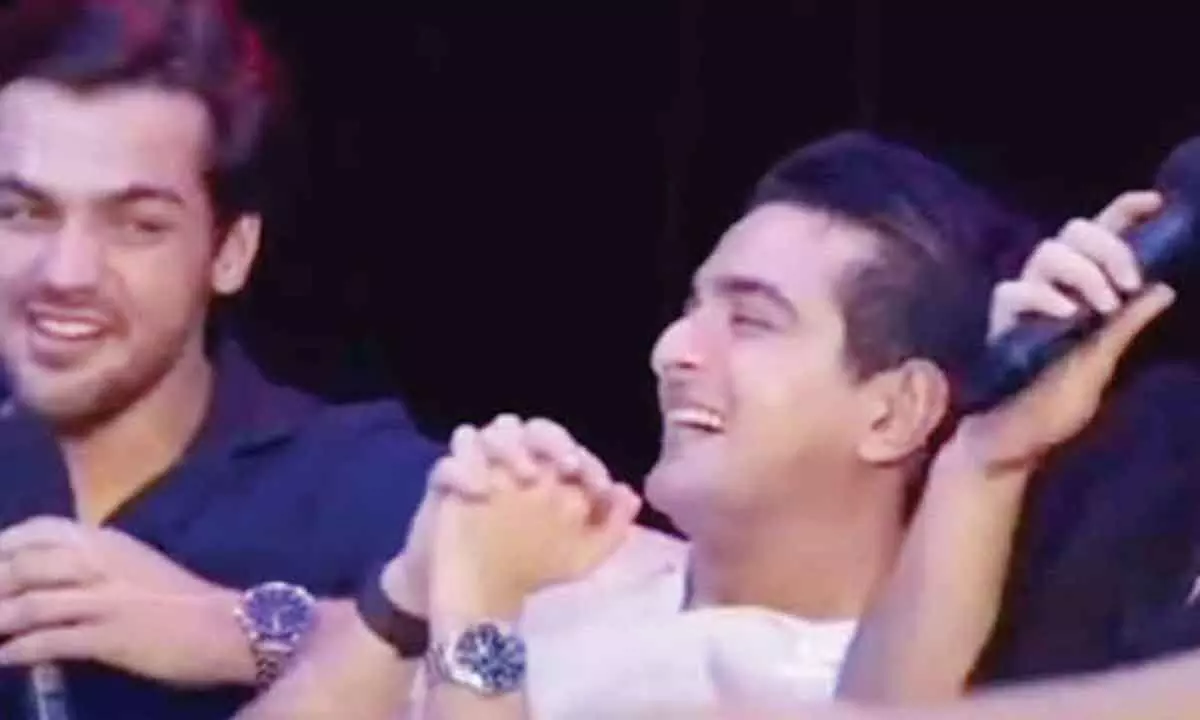
The Missing Piece: When Accountability Isn't Gender-Neutral?
While much of the focus has been on Allahbadia's remarks, Apoorva Mukhija, also known as "The Rebel Kid," has also faced criticism for her language and behavior on the show. Mukhija, who gained popularity for her candid commentary and strong language, has been called out for making inappropriate comments about a woman's body. Despite the backlash, there are reports that no FIR has been registered against her.
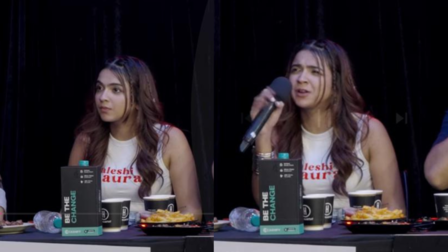
This raises questions about potential gender disparities in how such controversies are handled. Is the system failing in equality if Mukhija is not held to the same level of accountability as her male counterparts? Her actions are equally subject to scrutiny, and a fair and just response would demand equal treatment under the law.
The India's Got Latent controversy is not just about a single offensive remark. It is a microcosm of the broader challenges facing the digital landscape in India. It is a call for greater self-awareness among content creators, a more discerning and responsible audience, and a renewed focus on promoting positive values and ethical behavior online. It's time we start holding our influencers accountable and demand content that inspires, educates, and entertains without sacrificing decency and respect. It’s time we chose our influencers wisely.
With inputs from agencies
Image Source: Multiple agencies
© Copyright 2024. All Rights Reserved Powered by Vygr Media.



